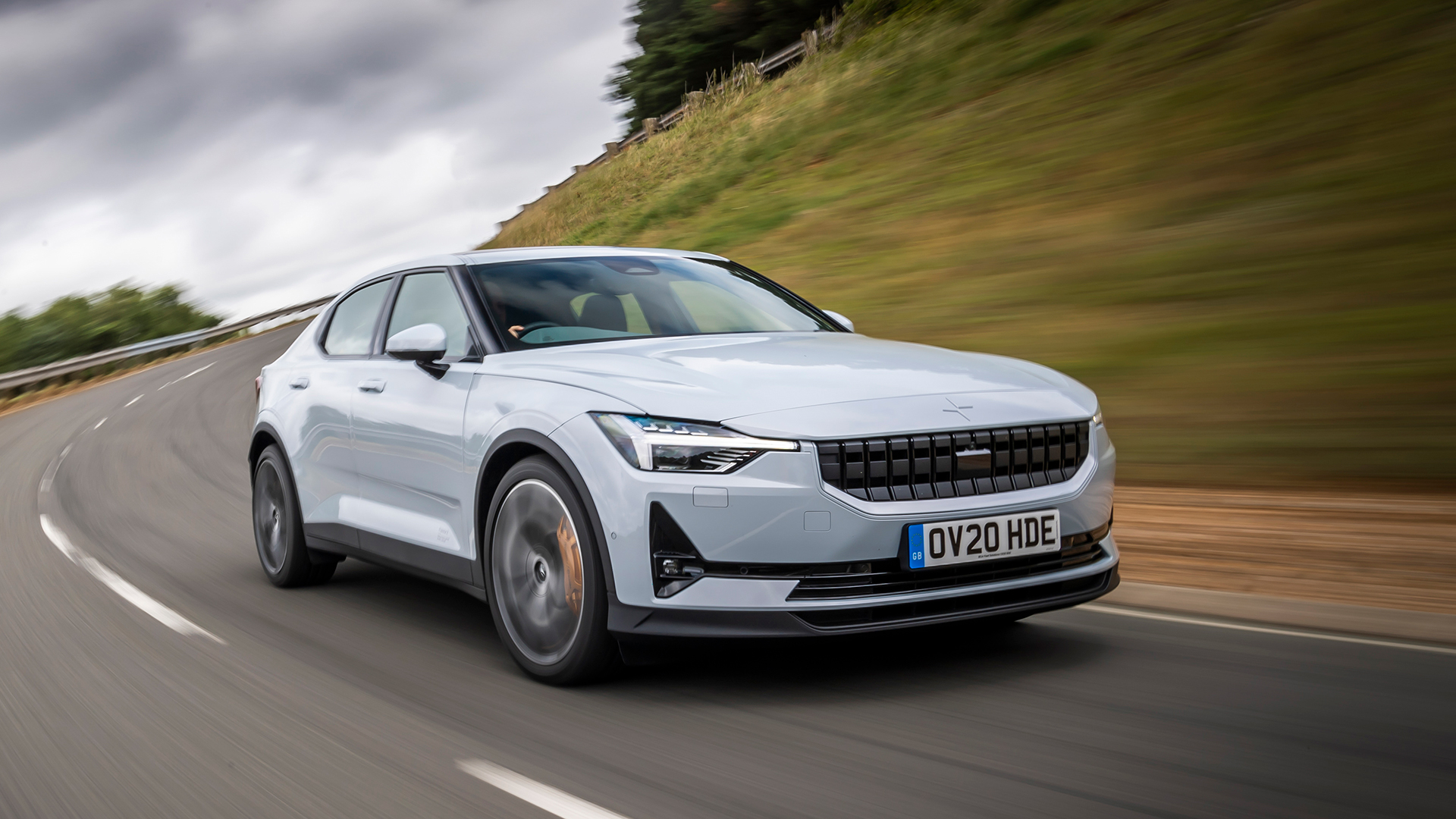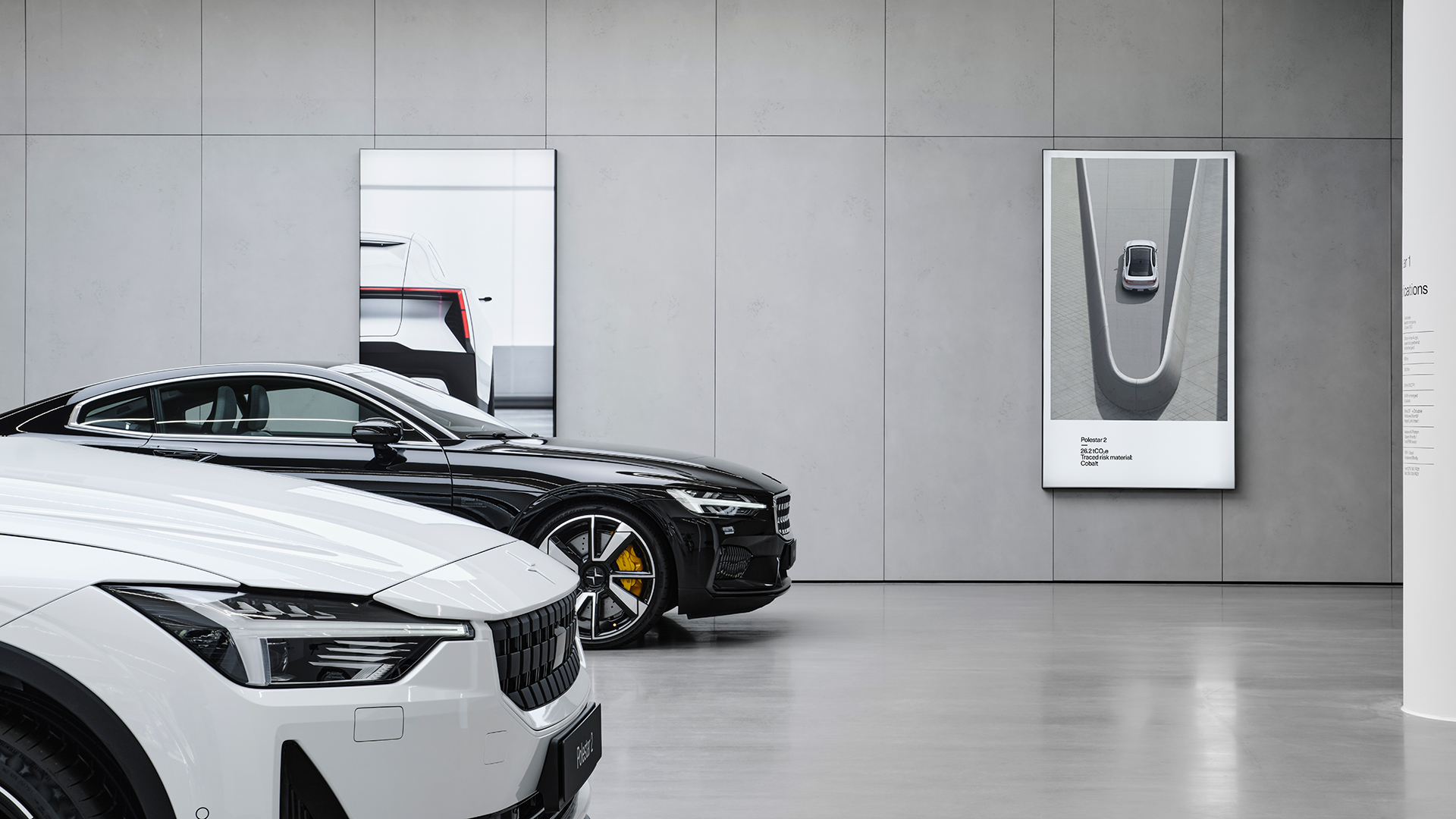Polestar is making the world's first truly zero-emissions EV — here's how
Swedish electric car maker Polestar is planning a fully carbon-neutral EV — but it won't be here until 2030

Update: Polestar has already made moves on this, announcing production partners for the zero-emission Polestar 0
Not content with simply producing an excellent electric car in the Polestar 2, Swedish auto maker Polestar has vowed to build the world's first truly zero-emissions EV by 2030.
According to the company's CEO Thomas Ingenlath, this future electric vehicle won't be made using any "cop-out" carbon offsetting but will instead be fully climate-neutral. Yes — that’s zero carbon emissions released into the atmosphere throughout production and beyond.
- Get the latest on the Chevy Bolt EUV 2022
- Everything we know about the Apple Car
- Plus: The GMC Hummer is back as a $110,000 EV — and it can drive diagonally
Carbon offsetting — whether by planting trees or investing in green schemes — has become a common practice among many car makers as they seek to reduce the apparent footprint of their new vehicles.
But Polestar is determined to do things differently with its 'Polestar 0' project. Although the electric Volvo offshoot hasn’t laid out a clear road map towards how it will achieve said goal, it is understood that it will look inwards and fundamentally change the ways its cars are produced, from the way it runs a production line to how it selects suppliers, sources its materials and manufactures its components.
“By pushing ourselves to create a completely climate-neutral car, we are forced to reach beyond what is possible today," Ingenlath said. "We will have to question everything, innovate and look to exponential technologies as we design towards zero."

Admittedly, aiming for carbon neutrality is nothing new, as many companies are already doing such thing — or at least striving towards it.
Sign up to get the BEST of Tom's Guide direct to your inbox.
Get instant access to breaking news, the hottest reviews, great deals and helpful tips.
One firm — the sustainable knitwear maker Sheep Inc — even claims to have a carbon-negative production and supply chain. It sources wool exclusively from farms that adopt regenerative farming methods, invests 5% of its revenue into biodiversity projects, employs zero-waste knitting methods and ships everything by sea to reduce its CO2 footprint.
Whether a car maker could achieve such a feat is a different matter — but one that Polestar is now committed to doing.
“We’re electric, so we don’t have to worry about combustion engines producing toxic emissions — but that doesn’t mean our job is done. We will now work to eradicate all emissions stemming from production, “ explained Fredrika Klarén, Polestar’s Head of Sustainability.
One method Polestar has committed to using is clearer labelling on its products, which will appear on the website and its Polestar Spaces, the company’s modern answer to a traditional showroom. Starting with the current Polestar 2, all vehicles will bear a label that discloses its carbon footprint and traced risk materials — a method already used by the food and fashion industries.
“Consumers are a huge driving force in the shift to a sustainable economy," added Ingenlath. "They need to be given the right tools to make informed and ethical decisions. This makes things very clear. Today, Polestar 2 leaves the factory gates with a carbon footprint. In 2030 we want to present a car that does not.”
That's still some time away, admittedly, but Polestar does also have plans for the immediate future: it will release the Polestar 3 electric crossover SUV towards the end of this year.
- More: How to find electric car charging stations near you
